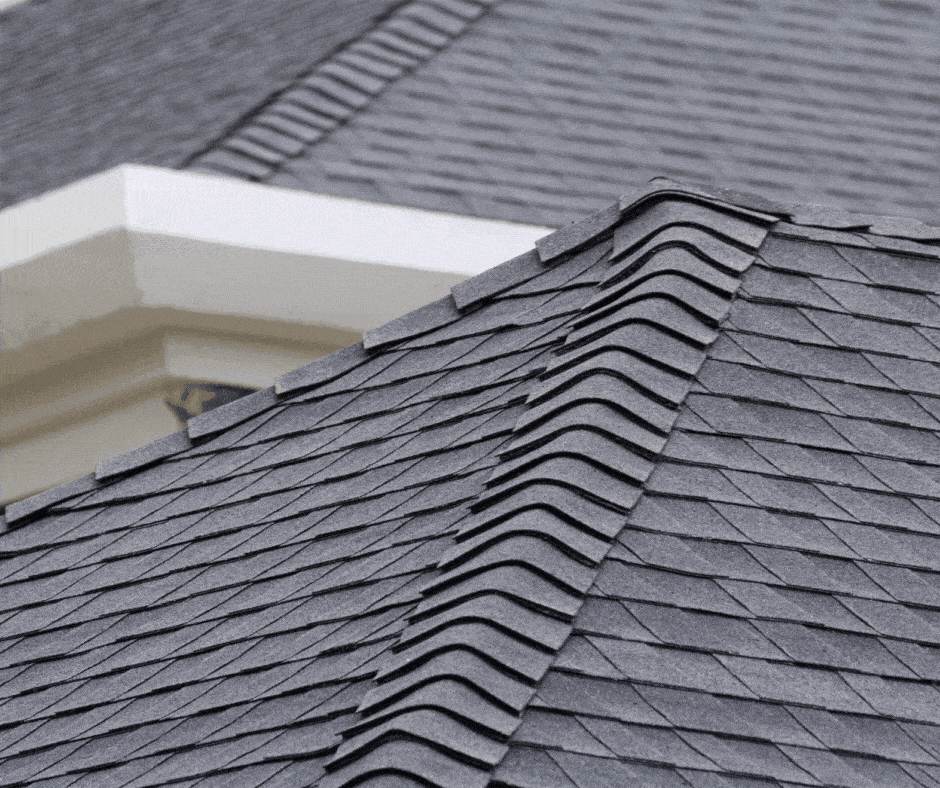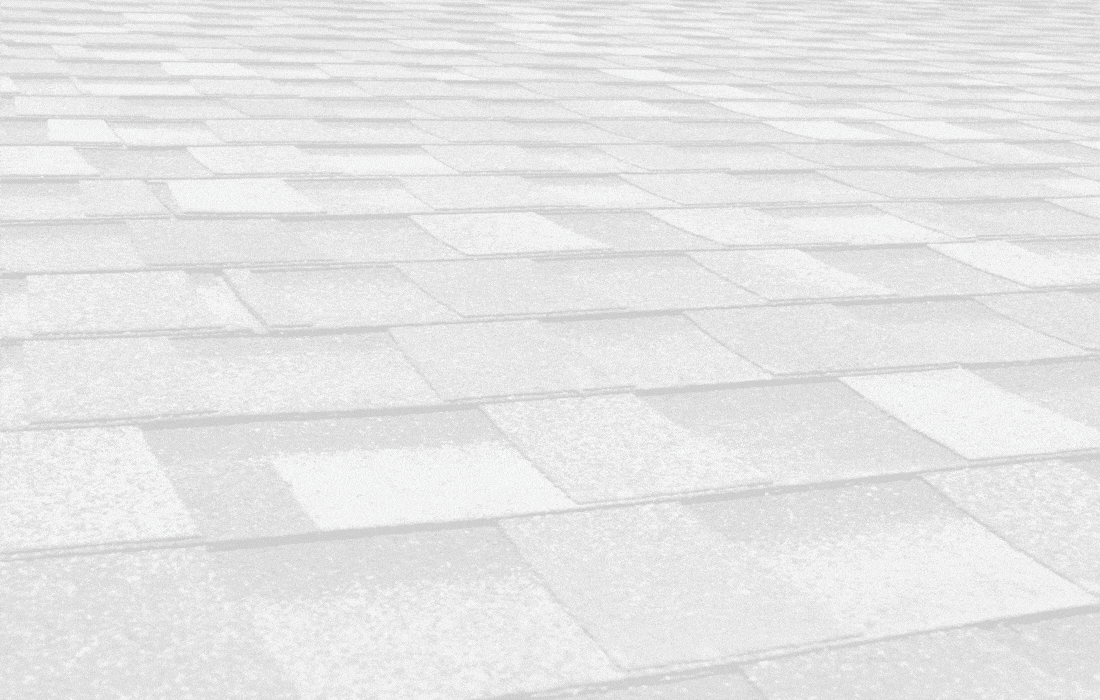If you live in a coastal area or a hurricane-prone region, your roof is your first line of defense. But not all roofing materials are created equal. Different types of roof tiles can impact your home’s ability to withstand high winds, heavy rains, and debris.
That’s where FORTIFIED roofing comes in. These are the roofing materials that make a difference.
What Is a FORTIFIED Roof?
The FORTIFIED Roof program is part of a national standard developed by the Insurance Institute for Business & Home Safety (IBHS). It helps homeowners strengthen their homes against severe weather by focusing on the roof system. FORTIFIED roofs use stronger materials, improved installation practices, and additional layers of protection to reduce storm-related damage.
According to IBHS, homes built or retrofitted to FORTIFIED Roof standards are up to 35% less likely to suffer hurricane damage. For homeowners in Florida, Alabama, Louisiana, and Mississippi, that can also mean lower insurance premiums and greater peace of mind during hurricane season.
To qualify for FORTIFIED certification, your roofing system must meet specific performance standards in categories like wind uplift resistance, water intrusion prevention, and edge protection.
With those requirements in mind, let’s break down the best roof tile types for homes aiming to meet or exceed FORTIFIED standards.

1. Clay Roof Tiles
Clay tiles are incredibly durable and highly resistant to fire and heat. When properly installed with reinforced fasteners, they meet many FORTIFIED roof requirements. Their weight adds stability in high winds, making them a strong option in hurricane-prone regions.
They can last up to 100 years with proper care. However, they’re heavier than most other materials and require a reinforced roof structure. They can also be more expensive to install and repair if cracked.
Pro tip: Choose interlocking clay tiles with high wind ratings, and make sure your installer follows IBHS-approved methods.
2. Concrete Roof Tiles
Concrete tiles look similar to clay but tend to be less expensive and slightly heavier. They’re known for their impact resistance and can withstand winds up to 125 mph or more when properly installed.
These tiles typically last 50 to 70 years. But they can absorb moisture over time if not sealed and may fade in direct sunlight. Like clay, they require solid structural support.
Pro tip: Ensure your tile system has been tested for wind uplift and uses secure fastening methods like foam adhesives or mechanical clips.
3. Composite Roof Tiles
Composite tiles are made from materials like polymers, rubber, recycled plastics, or fiberglass. They’re lightweight and designed to mimic clay or slate while meeting high standards for impact resistance.
They usually last 30 to 50 years, depending on product quality and climate. They may not last as long as traditional materials, and performance varies between brands. However, they are easier to install and replace.
Pro tip: Look for products with Class 4 impact ratings and approvals from agencies like Miami-Dade County or other local building code certifications.

Why Roofing Material Choice Matters
Your roof isn’t just a layer of protection. It’s part of a structural system that helps your entire home survive a storm.
According to a study published by the National Institute of Building Sciences, the average cost to repair storm-damaged roofs is more than $8,000, and many of those losses could have been reduced with better materials and installation practices.
Choosing the right tile can:
- Protect your home against wind and water intrusion
- Reduce your risk of damage during severe weather events
- Help you qualify for FORTIFIED certification and insurance savings
Related Questions and Answers
Can I install tile on any roof pitch?
Not always. Most tile systems require a minimum slope of 3:12. A professional inspector or roofer can verify whether your current structure qualifies.
Do all types of roof tiles meet FORTIFIED standards?
No. It depends on the materials and how they’re installed. Even durable tiles must be paired with proper underlayment, edge detailing, and fastening systems.
What if I already have tile but want to upgrade?
You may not need a full replacement! An inspection can determine whether your roof can be retrofitted or improved to meet FORTIFIED standards.
Where can I verify product ratings?
Visit fortifiedhome.org or search the Florida Building Code product approvals database to confirm testing and compliance information.
When to Call a Professional
Not sure if your current roof qualifies for FORTIFIED certification or renewal? That’s where we come in. A professional inspection is the smartest way to assess your roof’s existing materials, installation quality, and long-term durability.
Knockout Inspections provides full home inspections throughout Florida, Alabama, Louisiana, and Mississippi, including a detailed evaluation of your roofing system. We’ll identify any concerns with underlayment, fastening, tile condition, and ventilation,all areas that matter for storm protection and insurance savings.
If you’re re-roofing, upgrading, or simply want to avoid hidden weaknesses, book a roof-focused inspection with our team. We’ll give you honest insights and practical next steps to help you protect your home and meet FORTIFIED standards.
Conclusion
There are countless types of roof tiles, but using the right tile is only part of the picture. Make sure your whole roof system is up to the challenge.
Schedule a home inspection with Knockout today. We’ll walk you through your current roof’s strengths and weaknesses, confirm FORTIFIED standards, and help you protect what matters most.

